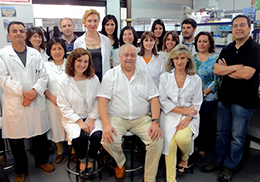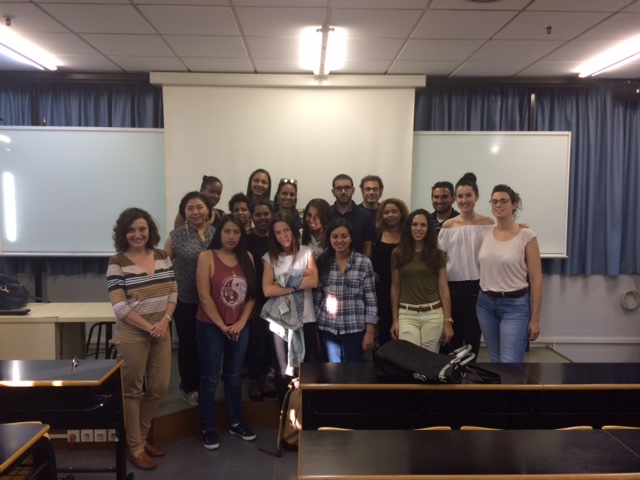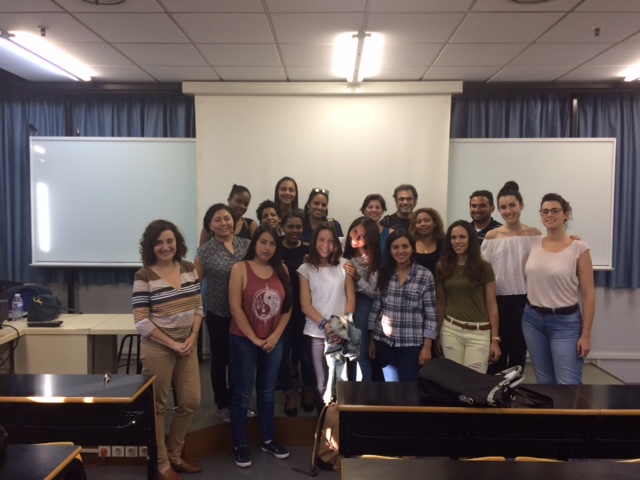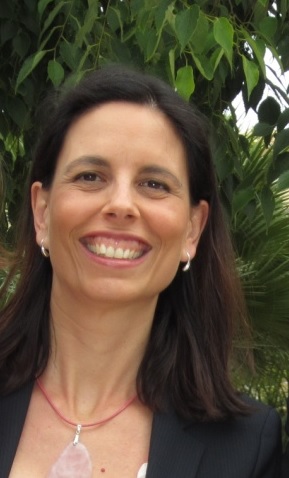
The Human Parasitic Disease Unit of the Universitat de València has been re-elected by the World Health Organization as a Collaborating Centre (WHO CC) and a world benchmark in human fascioliasis, a pathology considered by the international organization inside the group of the called priority neglected diseases and which affects 17 million people
4 march 2016
The recognition to the Valencian group is produced after the results and its contribution to the knowledge of the disease, as well as for the implantation of frightening and control actions in several countries of America, Europe, Asia and Africa.
The fascioliasis is a very pathogenic disease, which causes the underdevelopment of human communities affected by it. “This zoonotic disease has as reservoir some cattle species and is transmitted by vector freshwater snail”, explains the head of the group of the Universitat, Santiago Mas-Coma. The fascioliasis is a disease very influenced by climate and global change, with rises of prevalences and intensities in inhabitants of rural zones of developing countries, besides that currently is shows an increase of its geographic expansion ability.
The multidisciplinary team of the Human Parasitic Disease Unit of the Universitat de València is constituted by three researcher groups: The Group of Epidemiology and Control, headed by Santiago Mas-Coma; the Group of Molecular Biology of Parasitism and Vectors, of María Dolores Bargues; and the Group of Phenotyping and Immunopathology, of María Adela Valero.
The centre in Valencia is, moreover, the unique Collaborating Centre of the WHO in fascioliasis in the word, which involves the realization of interventions in a huge number of countries of different continents and to deal with help request. With this objective, the team of the Human Parasitic Disease Unit has composed progressively a wide network of collaborating centres in different endemic countries of this human disease, with which they do interventions and research together in each zone.
The Human Parasitic Disease Unit, assigned to the Faculty of Pharmacy of the Universitat de València, stands out because it is one of the few collaborating centres of the World Health Organisation (WHO) which directly depend of the headquarters in Geneva. “The re-election is also produced by the recognition of the team ability to develop the labour of world heading in activities of human fascioliasis in next years and after a demanding evaluation of the international activities done last four-years period”, said Santiago Mas-Coma, full university professor of Parasitology.
WHO Collaborating Centres
WHO Collaborating Centres are institutions of experts designed by the WHO to do activities to support this organization programmes about themes, like communicable diseases, nutrition, chronic diseases, health technology and workplace health. In Spain, there are only nine of these centres.
University Master’s Degree in Tropical Parasitic Diseases
As a result of the prestigious and the international recognition reached by the numerous developed activities and its diffusion, stands out the amount of young researchers of endemic countries are attracted by the University Master’s Degree in Tropical Parasitic Diseases which is organised each year by the team, as well as foreigners who attend to the centre, to realise short stays for training specific techniques or to do more prolonged researches and allocated to the doctor title getting.
The interventions of the Human Parasitic Disease Unit of the Universitat de València done in different countries of four continents can be consulted under this link
Published by: Paula Tomás Gimeno











